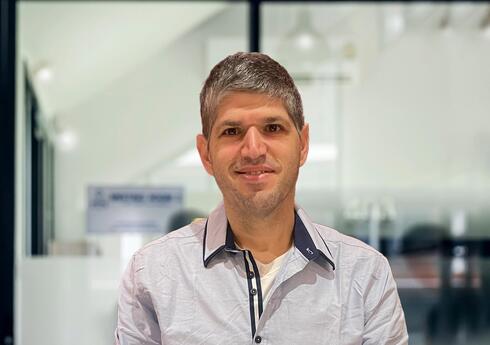
Opinion
Exit dreams and corporate reality: Untold challenges of Israeli tech acquisitions
"Despite challenges, Israeli startup acquisitions remain vital for driving global innovation and economic growth. Success requires proper preparation, cultural sensitivity, and strategic foresight," writes Itamar Tal, VP Engineering at Akamai Technologies and former VP Engineering at Guardicore.
The celebration ceremony of a startup acquisition symbolizes the culmination of an arduous entrepreneurial journey, amid celebratory speeches and popping champagne corks. For the acquiring company, it's another milestone in a complex strategic plan justifying a substantial investment. Despite the long process preceding acquisitions, unflattering statistics show only 3 out of 10 acquisitions yield the expected business results.
Israel's Silicon Valley fuels the nation’s economy with a thriving startup ecosystem driving innovation across diverse fields. In 2023, the Israeli Central Bureau of Statistics reported 89 M&A deals totaling $11.5 billion, compared to 9 IPOs. Most of the acquisitions in the Israeli market come from international companies, primarily American, who seek Israeli startups for their clear strategic advantages. Israel excels in developing innovative technologies - especially in cyber, artificial intelligence, fintech, and cloud infrastructure - combining creativity with relatively reduced development costs.
Surprisingly, large software giants struggle to build new products from the ground up. KPMG and Deloitte studies show the success rate for new products in large companies is below 13%, due to complicated organizational processes and frequent priority changes. As a result, large companies often choose acquisition strategies to add new capabilities and technologies, close profit gaps, and acquire skilled teams that already work well together.
For an acquisition to materialize, the buyer company would need to prove that it meets at least two conditions: firstly, it has the sufficient capital and secondly, the acquisition is solving a significant business problem. The acquiring company will also examine revenues versus expenses, customer portfolios, team capabilities, and product market fit. However, despite flashy acquisition announcements, we often don't hear about the slow death of business plans post-acquisition. It is shocking how many acquired products are declared end-of-life within a year when the business thesis fails to materialize - whether due to architectural gaps, cultural gaps or resource-heavy integration requirements.
One of the most significant and hard to plan for challenges for the buyer lies in staff integration. While acquiring companies offer retention packages to core team members, they simultaneously cut duplicate roles. Software engineers face changes in work methods, technology stacks, and management chains. These challenges amplify where American corporate culture meets Israeli “get-it-done” and sometimes “cut-corners” culture. Israeli startups, accustomed to rapid progress and occasional bypassing of formal procedures, often struggle with formal American corporate processes.
Consequently, some employees inevitably leave. Startups offer greater freedom of action, attracting those who enjoy handling multiple responsibilities. As companies grow, increased controls and specialization create a different organizational culture. This water-and-oil dynamic, combined with cultural gaps, leads to predictable, but regrettable attritions. Experienced recruiters know post-acquisition periods are prime hunting grounds for strong talent.
Moreover, the entrepreneurial culture itself often suffers. As a close friend once told me, startup success requires entrepreneurs to feel like they're sailing a ship with their departure port burning – they must reach new shores or sink. This survival instinct drives small company success but rarely survives acquisition. During pre-acquisition talks, both sides showcase their best qualities, much like first dates. But after closing, reality often reveals that core business assumptions were built on shaky ground.
The Israeli high-tech industry relies on continued startup acquisitions by global players. As the market matures, large companies refine their acquisition processes, often learning from past challenges. Bridging local cultural differences and maintaining motivated Israeli teams remain crucial challenges. Relying on external consultants with expertise in the Israeli market can help prevent costly integration missteps.
Despite challenges, Israeli startup acquisitions remain vital for driving global innovation and economic growth. Success requires proper preparation, cultural sensitivity, and strategic foresight. By fostering open communication and preserving entrepreneurial spirit post-acquisition, businesses can overcome integration hurdles. The true potential lies in the synergy between global resources and local ingenuity – a powerful combination shaping technology's future.
Itamar Tal is VP Engineering at Akamai Technologies and former VP Engineering at Guardicore.














